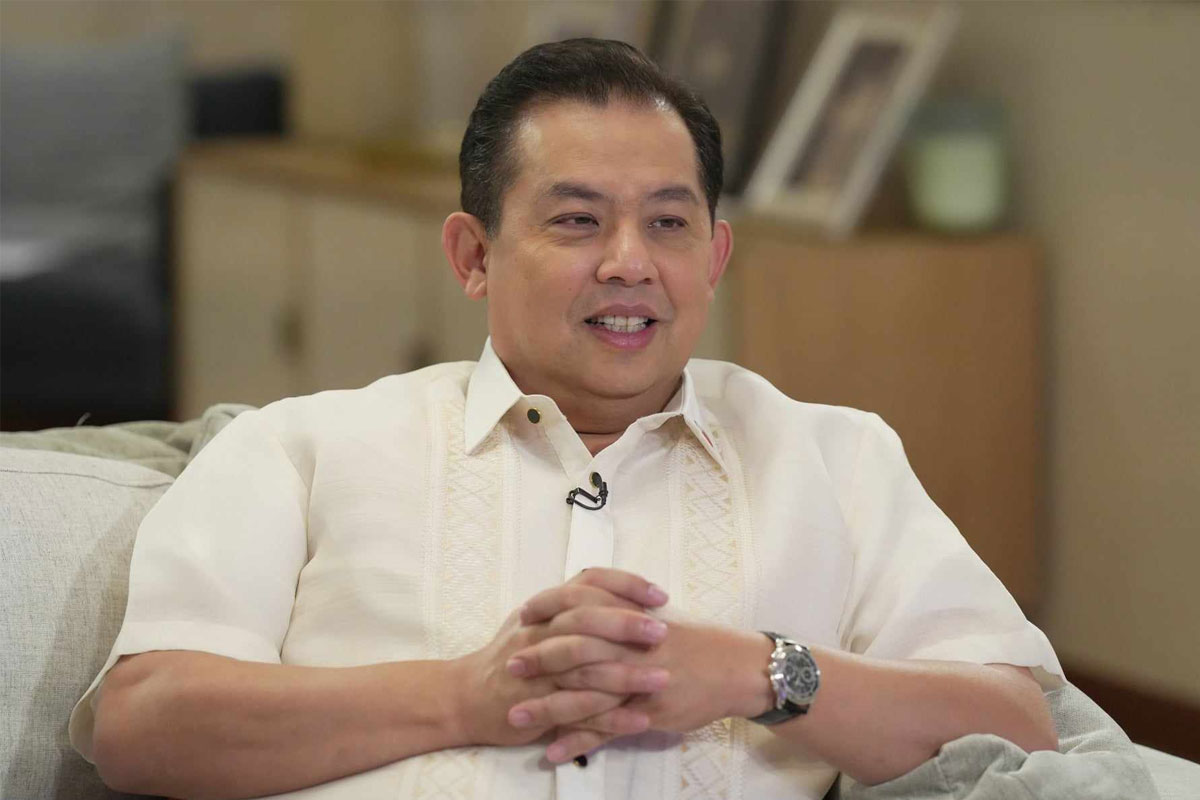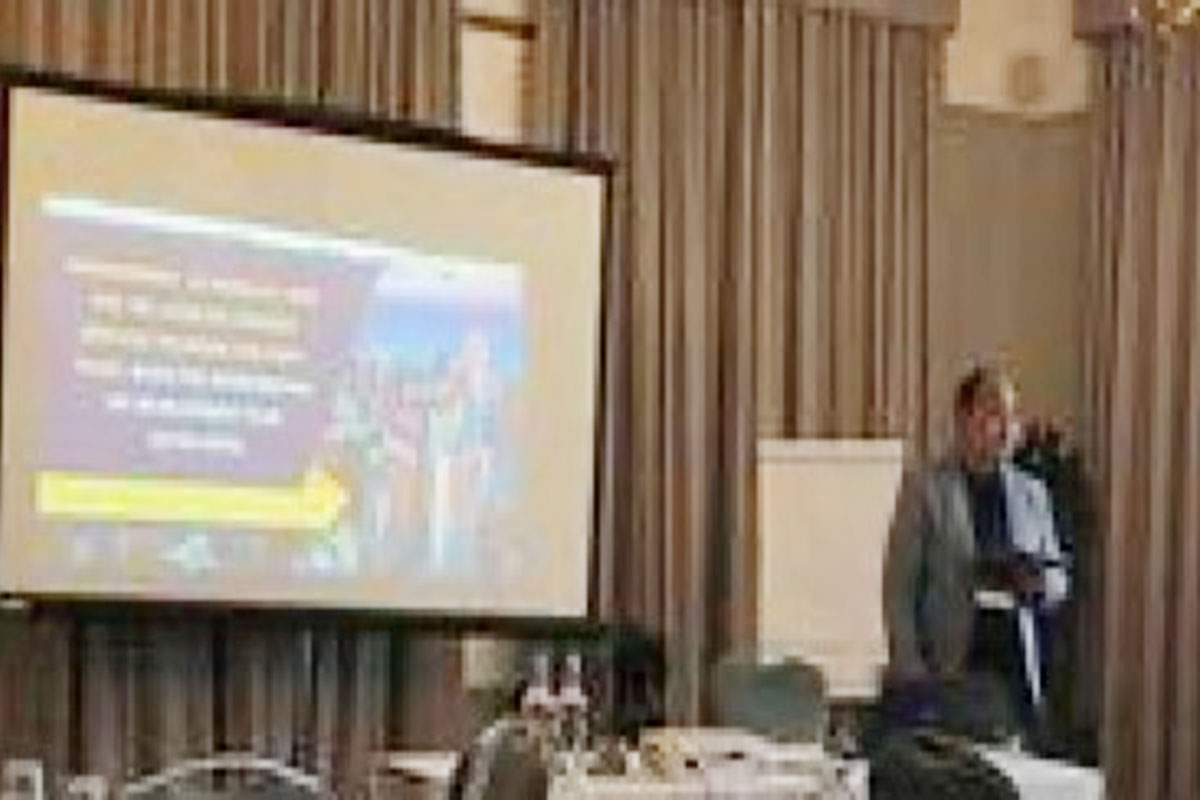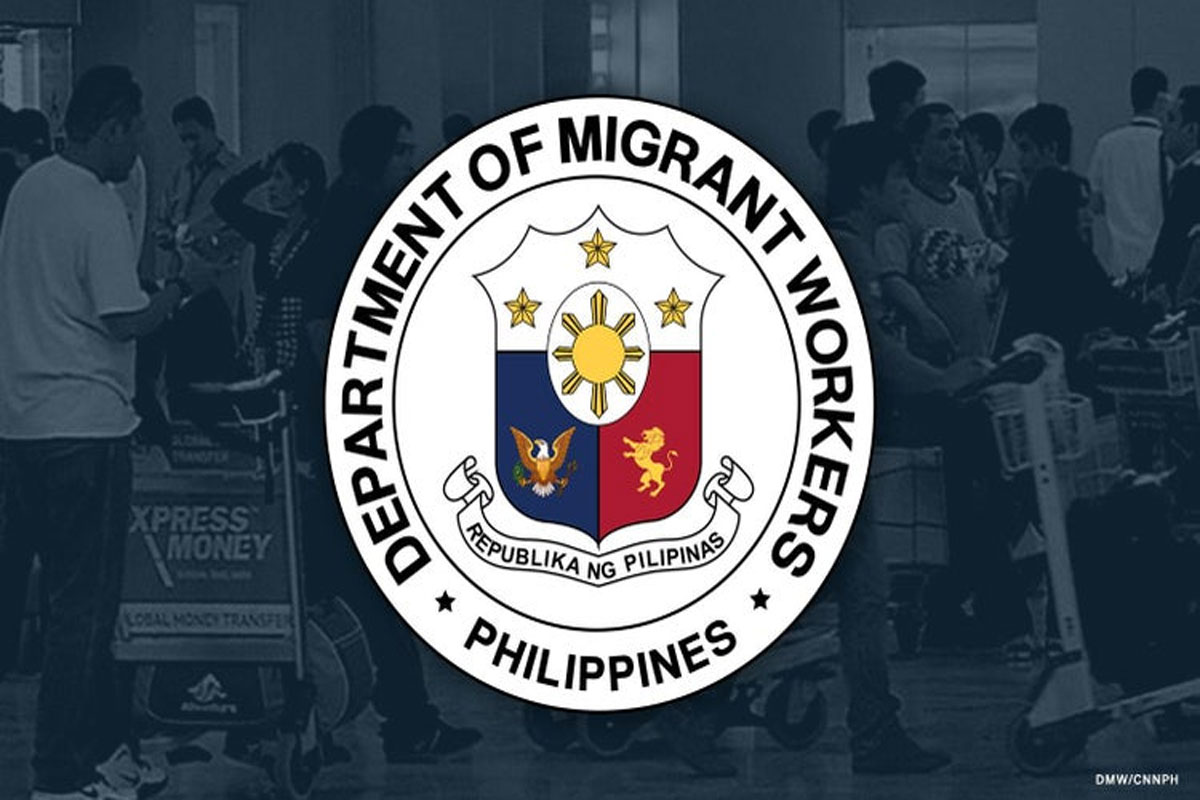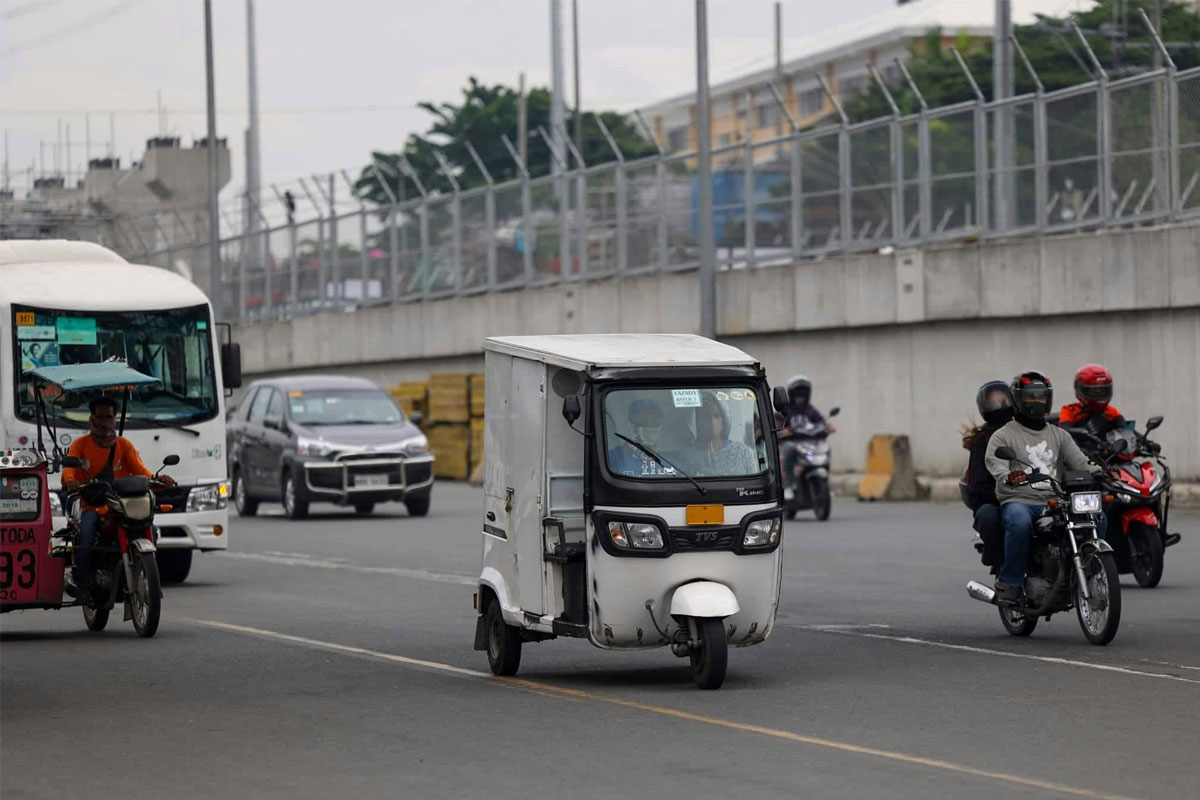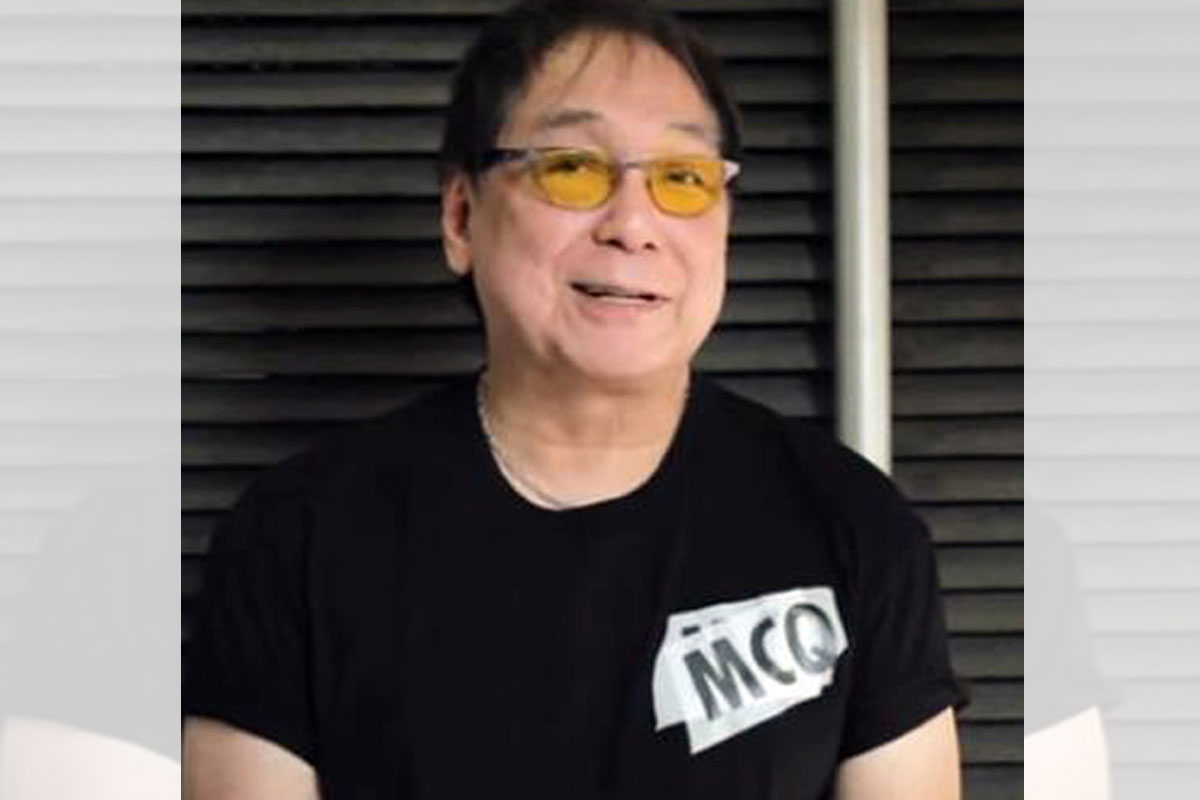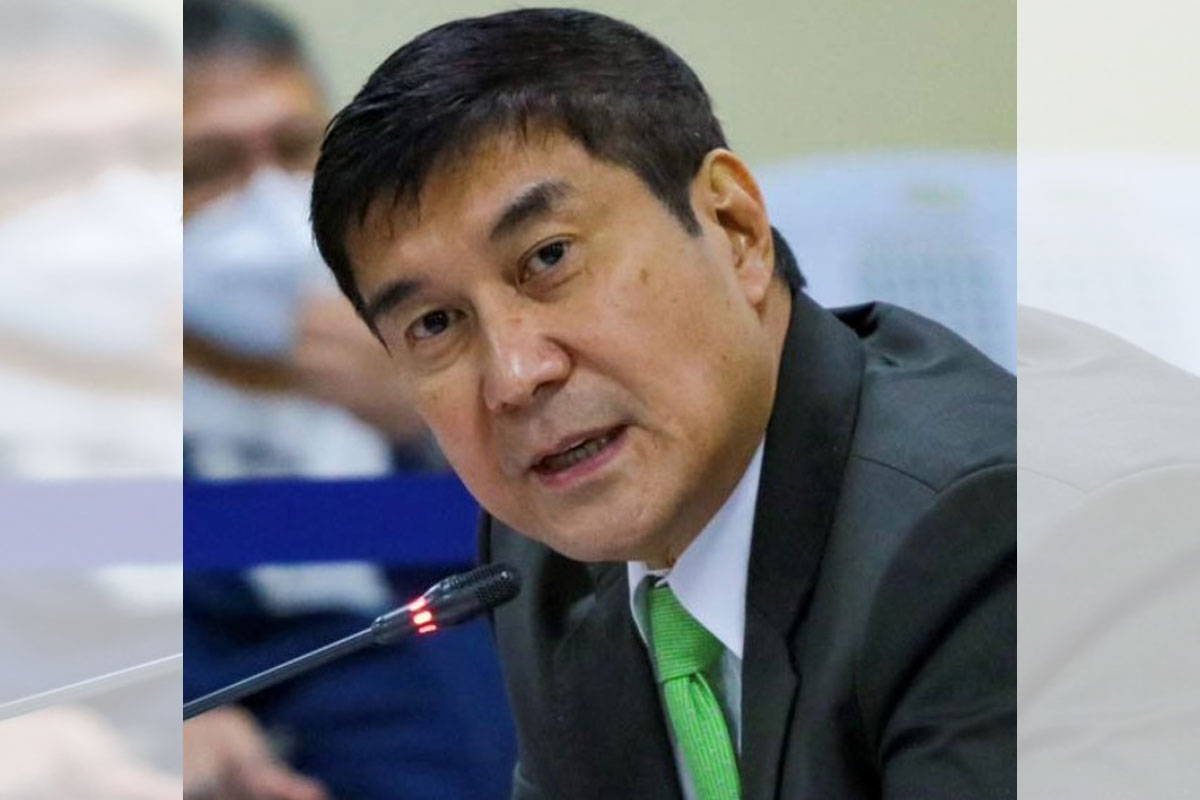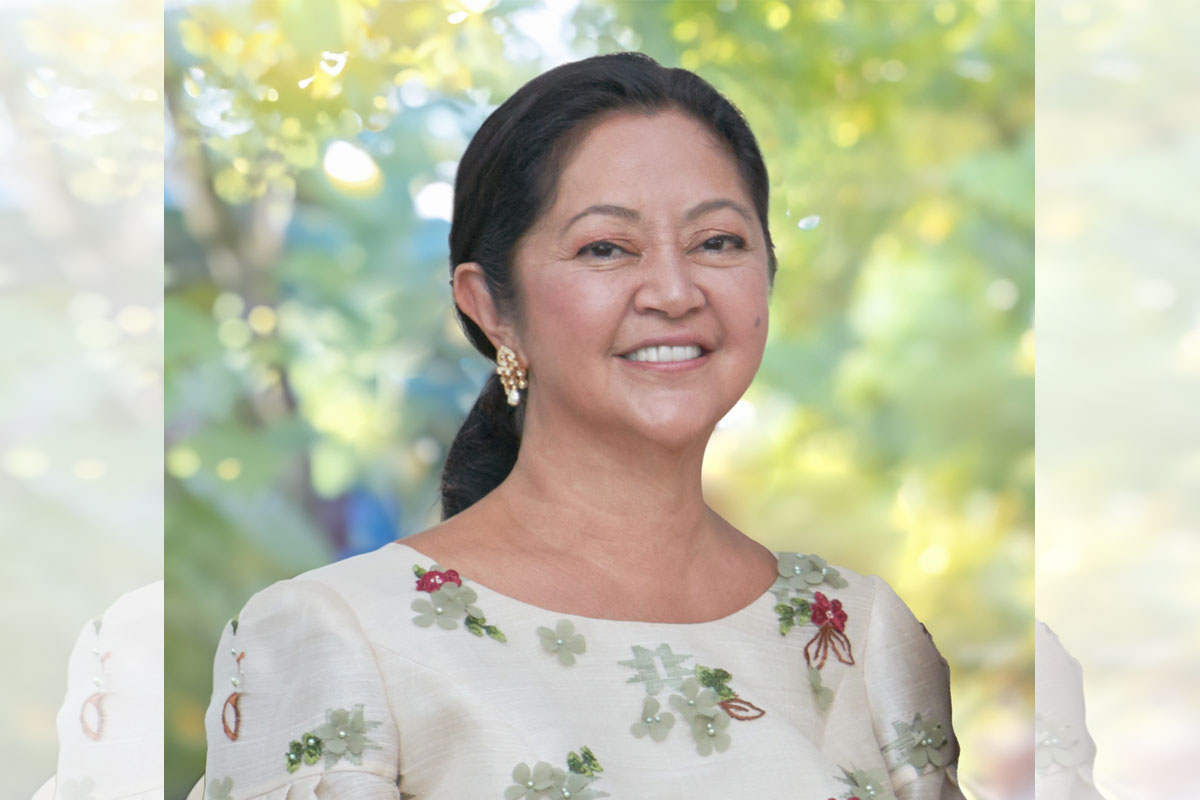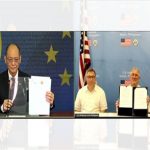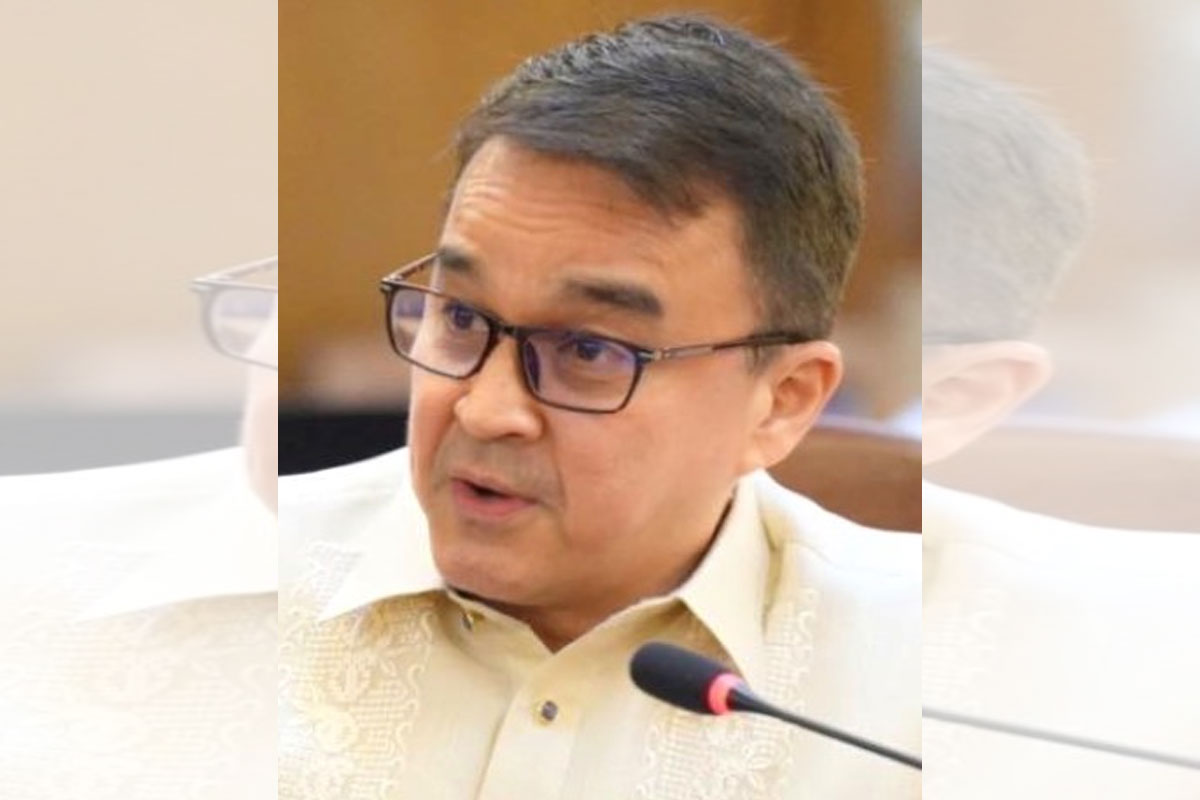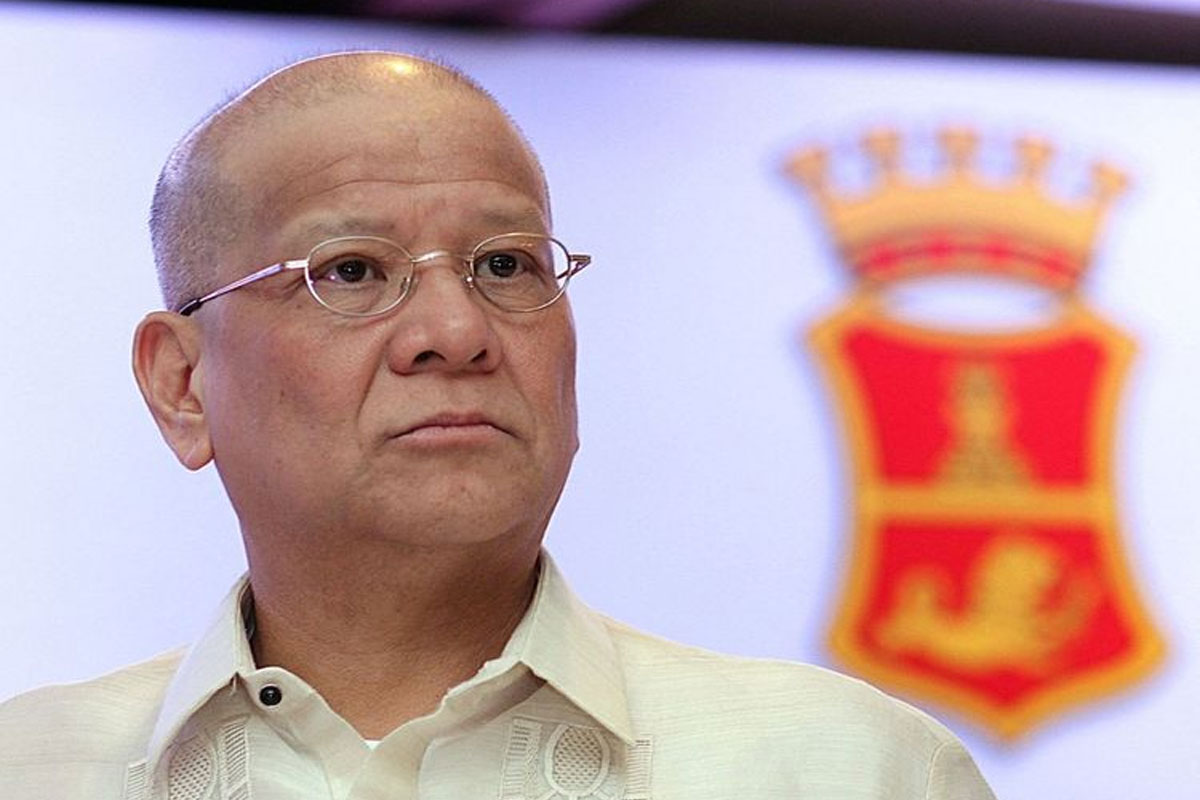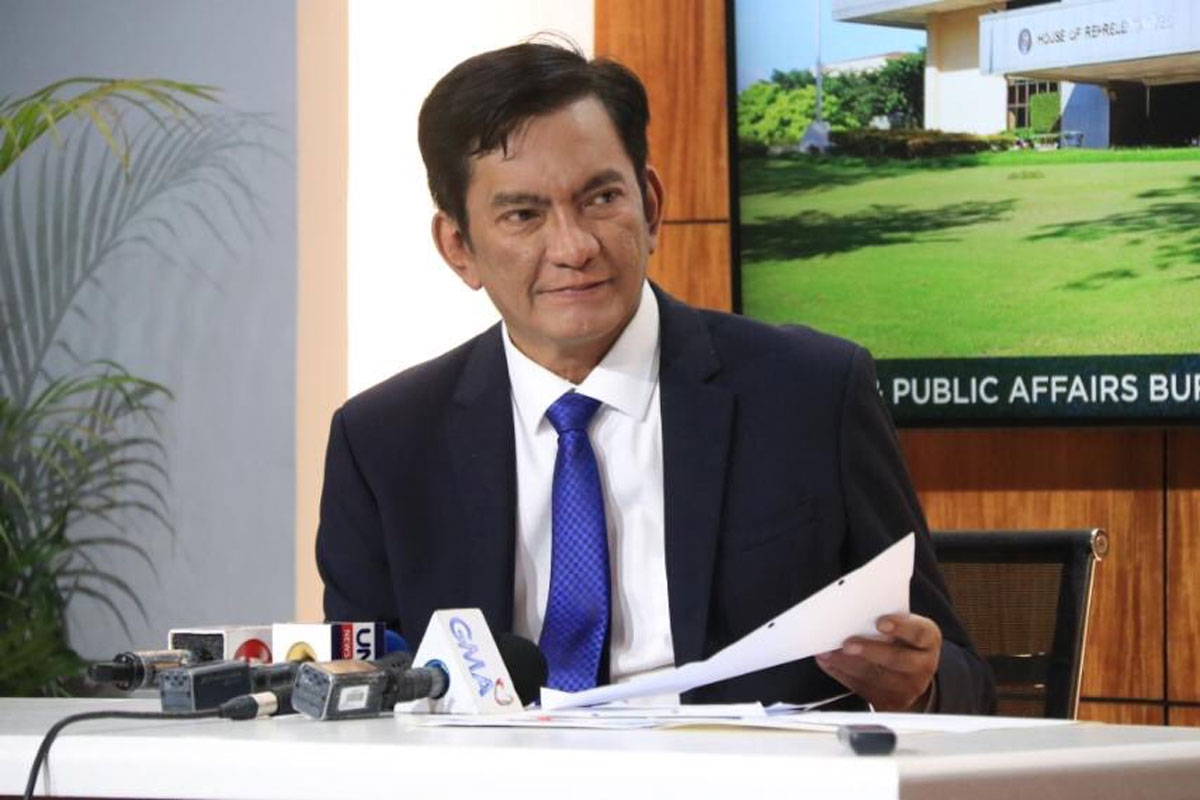
More foreign investments urged to end PH oligopolies
THE Philippines is the most oligopolistic country in the region and opening up the economy to foreign investors is needed to break the monopolies and oligopolies that are currently dominating Philippine business and slowing down the economic competition and investments, a veteran lawmaker said Friday.
Albay 2nd District Rep. Joey Salceda, chair of the House of Representatives Committee on Ways and Means, said that monopolies and oligopolies further reduce the investment appetite resulting in the Philippines’ low investment and slow competitiveness rate due to the heavily restrictive rules on foreign direct investments (FDIs) in the country.
“Operating as monopolies and oligopolies, the corporate conglomerates find convenient to restrict production and investment below the competitive level,”Salceda told a forum series on the impact of opening the economy on the Micro, Small, and Medium Enterprises (MSMEs) sponsored by the Department of the Interior and Local Government (DILG) and other partners.
“Their willingness to invest is inhibited by their concentrated ownership structure and their uncertainties about the stability and duration of government favoritism,” he said.
An oligopoly is a market form wherein a market or industry is dominated by a small group of large producers and sellers.
The webinar sessions support the Resolution of Both Houses No. 2 (RBH 2), authored by Speaker Lord Allan Velasco, which was approved on third and final reading by the House on June 1 and is now pending in the Senate.
The resolution seeks to add the phrase “unless otherwise provided by law” to the restrictive economic provisions of the Constitution to empower Congress to pass laws lifting current restrictions on foreign investors.
In his presentation, Salceda showed the cycle of the undisturbed presence of oligopolies in the Philippines as a result of FDI restrictions.
“FDI restrictions lead to lack of competition in the country which increases oligopolistic power and reduces the need to invest,” the lawmaker said. “As a result, oligopolies are the ones benefitting from the profits, influence law, and prevent foreign competitions to enter the Philippines.”
Salceda highlighted the benefits of lifting FDI restrictions to disturb the vicious cycle of undisturbed oligopolies and promote growth.
“Opening the doors to foreign investments for industries that need capital is ultimately necessary instead of sending our labor force abroad. We can attract foreign investments and create jobs here in the Philippines,” he stressed.
Salceda further said the government has spent hundreds of billions of pesos in foregone revenue for tax incentives without trying a simpler and cheaper solution – opening industries in need of foreign capital.
“Instead of sending our labor force abroad, let us attract foreign investment and create the jobs here in the Philippines,” he added.
Meanwhile, lawyer Vicente Homer Revil, chair of the Constitutional Reform Movement, said the passage of the RBH 2 would pave the way for the country to achieve long-term recovery solutions to problems brought about by the pandemic.
“Lifting FDI restrictions would bring about much-needed foreign investments and expand competitions in the country that would benefit more our small businesses which have been derailed by the health crisis,” Revil said.
The webinar series was launched by the Inter-agency Task Force on Constitutional Reform (IATF-CORE) headed by the DILG.
Other resource speakers in the webinar were the Department of Trade and Industry Asst. Secretary for Trade Promotions Group Dominic Tolentino Jr., Board of Investments (BOI) Director for Investments Policy and Policy and Planning Services Sandra Marie Recolizado; and Research, Education and Institutional Development (REID) Foundation Inc. Chairman Thomas Aquino.
Co-organizers of the webinar series are the Konrad Adenauer Stiftung (KAS) Center for Strategy, Enterprise & Intelligence (CenSEI), Center for Research and Communication (CRC), Development Academy of the Philippines – Graduate School of Public and Development Management (DAP-GSPDM), Philippine Society for Public Administration (PSPA), and Blueprint.PH.


